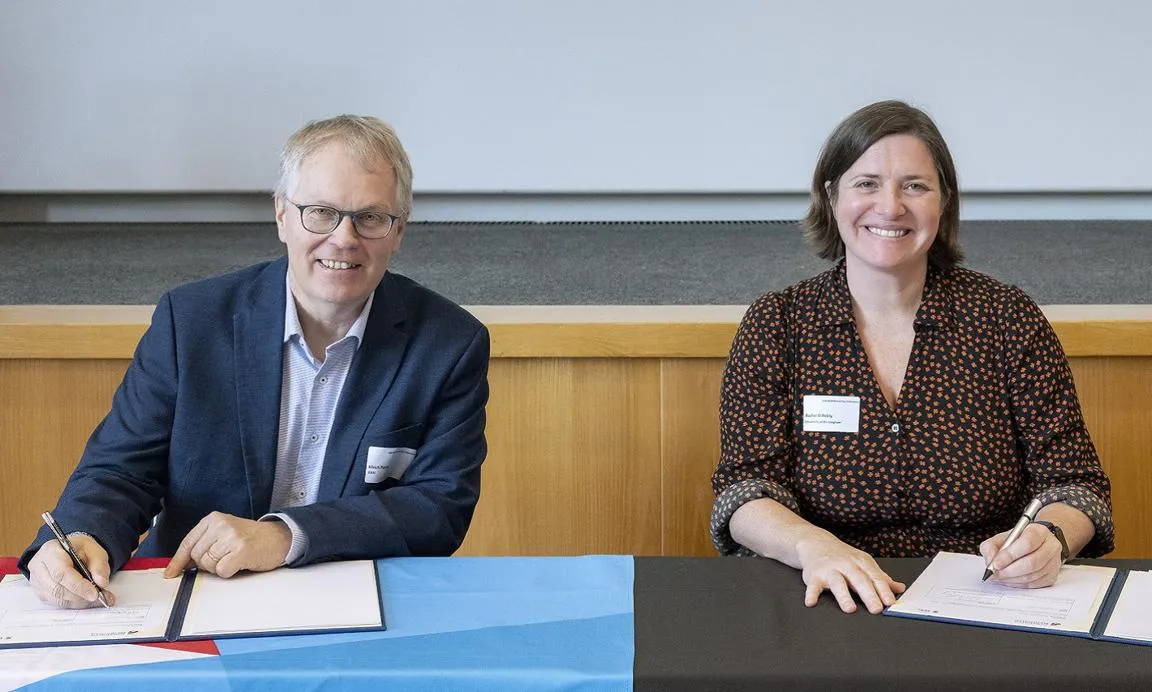Germany’s Federal Institute for Materials Research and Testing (BAM) and the University of Birmingham have extended their research partnership through a renewed Memorandum of Understanding. The collaboration, which originally began in 2018, was formalized at a signing ceremony in Berlin on November 7, 2025.
Since the partnership’s inception, the institutions have achieved measurable results in joint research efforts. They have applied for over €9 million in joint funding, co-authored more than 30 publications, and facilitated 14 funded PhD exchanges. Additionally, the partnership has organized more than 50 joint workshops, seminars, and professional events.

The collaboration focuses on four main research areas: Chemistry and Materials, Energy, Additive Manufacturing, and Environmental and Life Sciences. In additive manufacturing, research centers on aerospace and energy technology applications, with the University of Birmingham operating systems for processing copper and precious metals using electron beam technology. The Energy cluster addresses hydrogen technologies, battery safety, and wind energy, including a jointly developed hydrogen safety module for educational programs.
Student exchange has been a significant component of the partnership, with six co-funded PhD exchanges since 2020 and over 20 undergraduate students completing summer internships at BAM. “During my time at BAM, I could access state-of-the-art equipment which enabled me to perform some of the experiments that I am the proudest of. Both my scientific and professional development were further enhanced by the diverse network of colleagues and collaborators that I met during my time at BAM,” says PhD candidate Joseph Okeke.
The renewed agreement will expand into new areas including civil engineering, cultural heritage protection, and non-destructive testing methods. “Our partnership with the University of Birmingham is a prime example of international cooperation with real added value – scientifically, socially, and strategically,” says Professor Dr Ulrich Panne, President of BAM.
Source: birmingham.ac.uk

